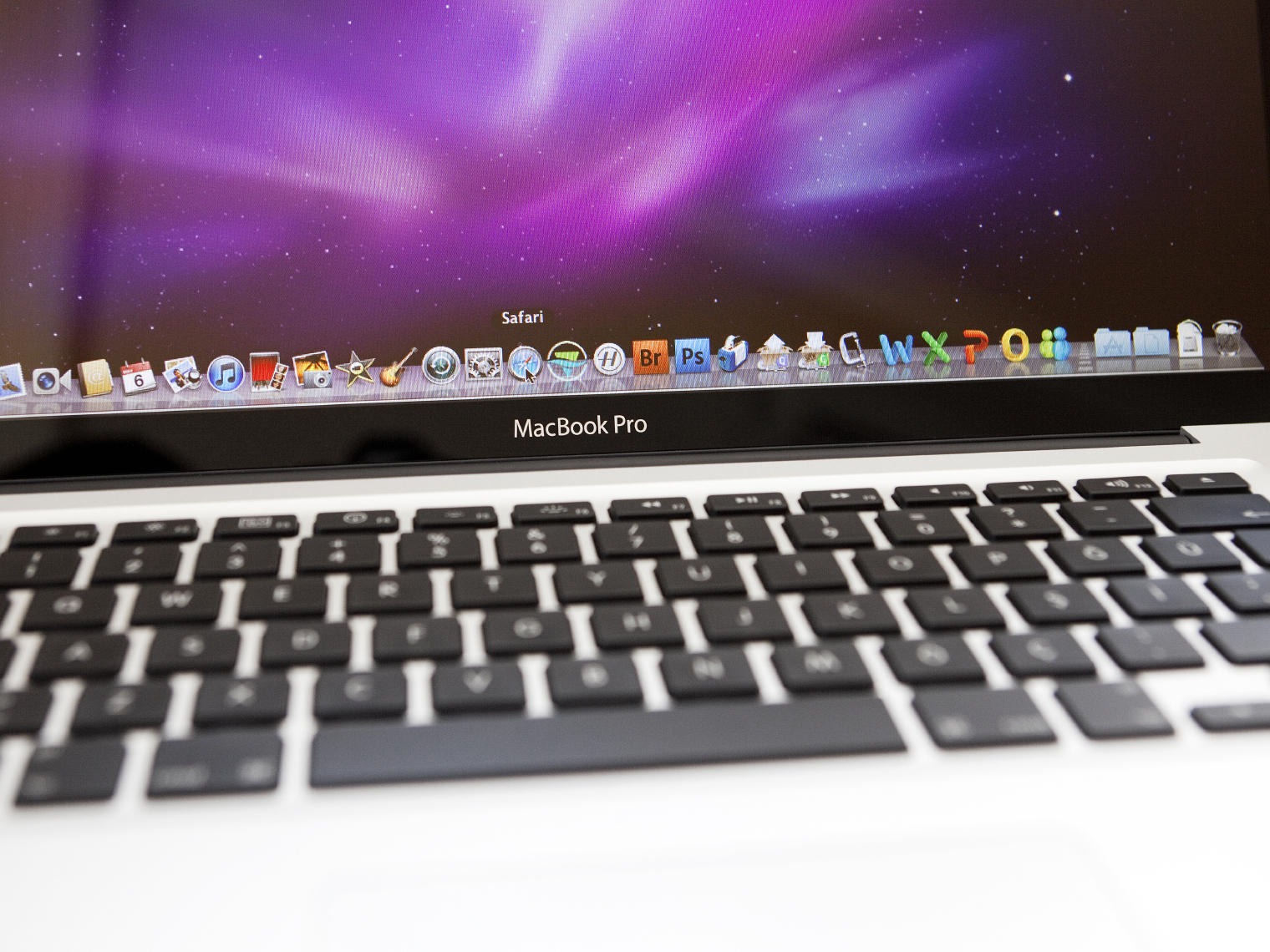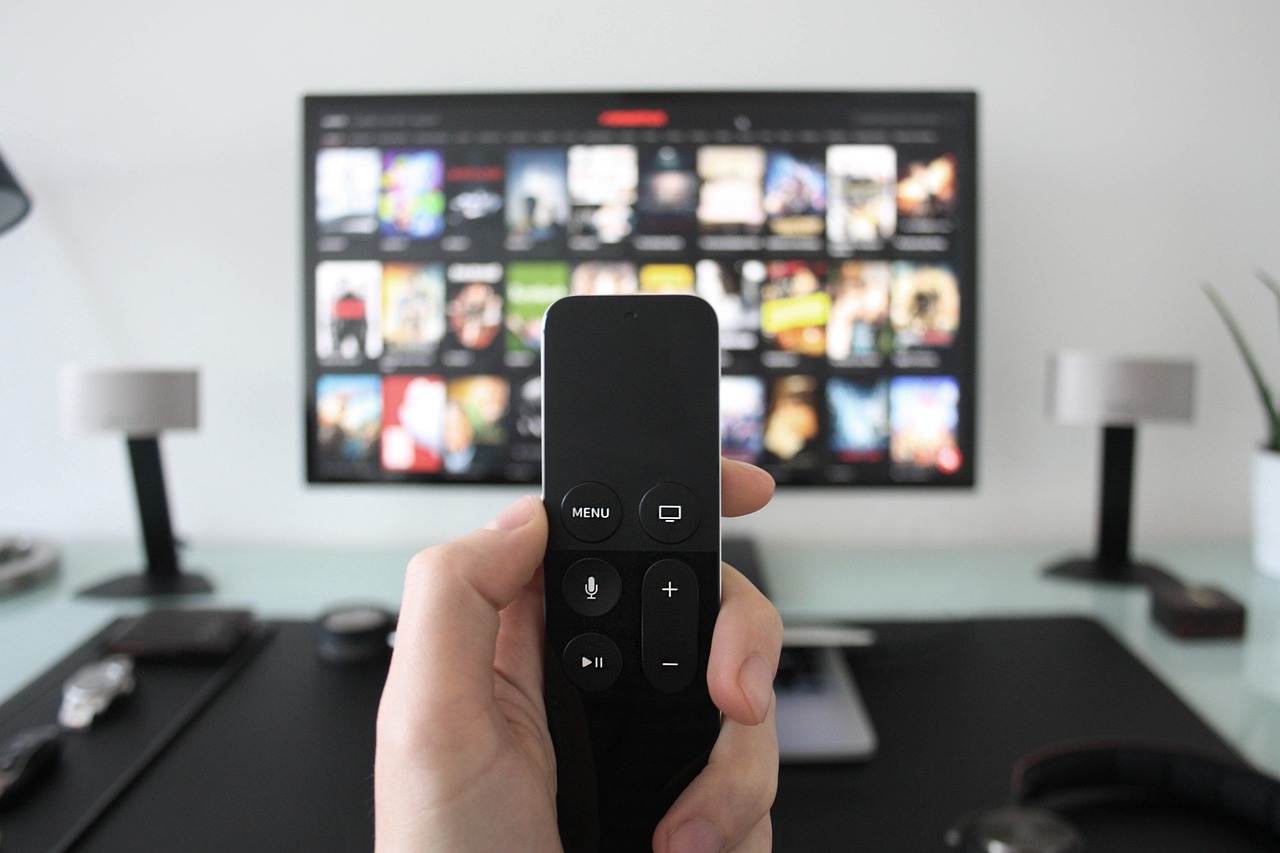When it concerns starting a restroom restoration job, discovering skilled plumbing technicians near me is a job that cannot be overemphasized. Your restroom's pipes facilities is the unrecognized hero, working relentlessly behind the scenes to make sure the performance and convenience of the area. Therefore, the keyword "plumbers near me" takes spotlight, highlighting the critical function that distance to expert pipes know-how plays in the success of your restoration. It's not practically updating the visual appeals of your restroom; it has to do with enhancing its effectiveness, efficiency, and eventually, your comfort. In this thorough guide, we will explore the important pipes upgrades to think about throughout your restroom restoration, from choosing the best components to guaranteeing ideal water pressure, effective water heating, appropriate drain, compliance with regional policies, and environmentally friendly options. With the assistance of specialist plumbing technicians near me, your restroom restoration will not just raise the design and performance of the area however likewise improve the general worth of your home.
Fixture Selection and Installation
The primary step in updating your restroom's pipes is to pick the best components. Whether you're going for a streamlined and modern-day style or a more conventional appearance, the best components can make a considerable distinction. When looking for plumbing technicians near me, search for specialists who can offer professional suggestions on component choice and setup. From faucets and showerheads to toilets and sinks, modern-day components use not just enhanced performance however likewise energy and water effectiveness, assisting you minimize energy expenses while taking pleasure in a trendy restroom.
Improved Water Pressure
One typical concern in older restrooms is low water pressure. If you have actually ever experienced a weak shower or slow-filling tub, you'll value the advantages of updating your restroom's pipes to enhance water pressure. Skilled plumbing technicians can examine your existing water pressure and advise options like setting up pressure-boosting pumps or changing old, rusty pipelines to make sure a constant and strong circulation of water throughout your remodelled restroom.
Efficient Water Heating
Incorporating energy-efficient water heating unit is not just ecologically accountable however can likewise result in considerable expense savings. Upgrading your restroom's pipes to consist of a tankless hot water heater, for example, supplies on-demand warm water and removes the requirement for a large tank. Plumbers who focus on hot water heater setups can direct you in choosing the best system that matches your household's warm water requires while enhancing general energy effectiveness.
Drainage and Ventilation
Proper drain and ventilation are important for any restroom. During a remodelling, it's a perfect time to attend to any drain problems or upgrade your restroom's ventilation system. Plumbers with know-how in restroom remodellings can reconfigure drain pipelines to make sure effective water elimination, avoiding blockages and decreasing the threat of leakages. Additionally, a well-kept ventilation system will assist get rid of excess wetness and avoid mold development, keeping a healthy indoor environment.
Compliance with Local Codes
When updating your restroom's pipes, it's vital to make sure that the work adheres to regional building regulations and policies. Reliable plumbing technicians are fluent in the regional requirements and can make sure that your pipes upgrades satisfy these requirements. Compliant pipes not just guarantees your security and the durability of your restoration however likewise avoids prospective legal problems down the roadway.
Water Efficiency and Eco-Friendly Upgrades
In today's ecologically mindful world, making your restroom more water-efficient and environmentally friendly is not simply a pattern; it's an accountable option. Professional plumbing technicians near me can assist you pick environmentally friendly components and systems that minimize water usage and lessen your ecological effect. Consider dual-flush toilets, low-flow showerheads, and motion-activated faucets to conserve water and minimize your energy costs. These upgrades not just benefit the world however likewise add to long-lasting expense savings.
Conclusion: Elevate Your Bathroom with Expert Plumbing Upgrades
A restroom restoration is an amazing chance to change among the most-used areas in your house into a trendy, practical, and environmentally friendly sanctuary. Plumbing upgrades are a considerable part of this improvement, and discovering experienced plumbing technicians near me is the crucial to guaranteeing an effective restoration. From choosing modern-day components to enhancing water pressure, updating your water heating unit, attending to drain and ventilation, abiding by regional codes, and integrating water-efficient and environmentally friendly aspects, these pipes upgrades will raise your restroom to a brand-new level of convenience and effectiveness. With the best pipes know-how, your restroom restoration will not just satisfy your visual expectations however likewise improve your daily living experience.











